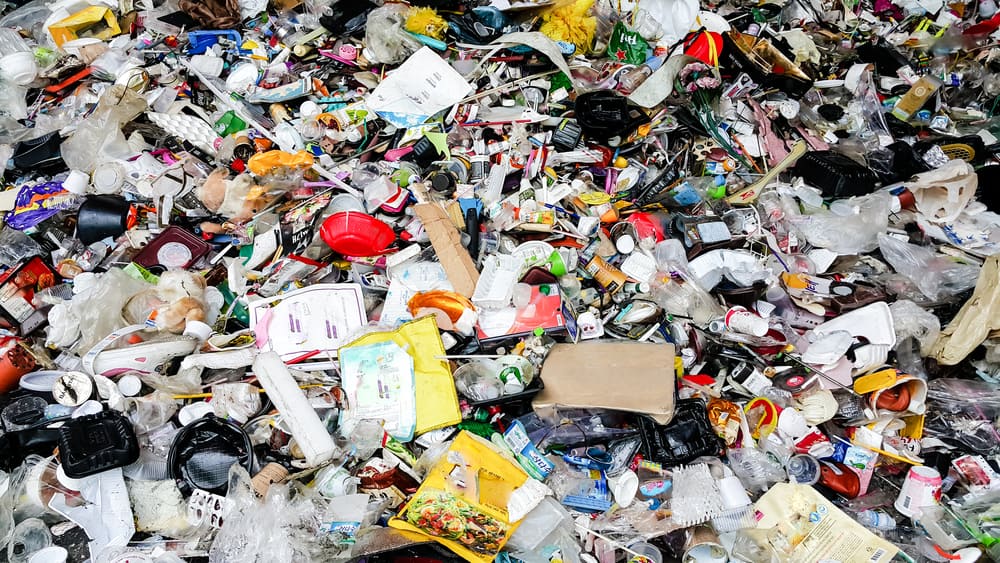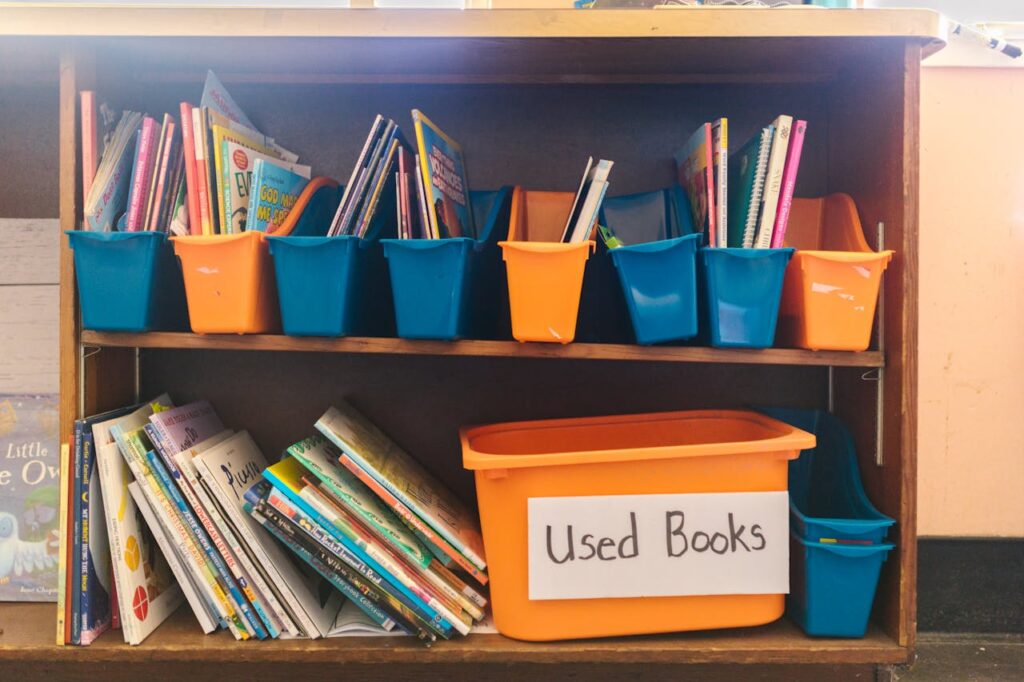China’s Influencing Change Nationwide
Shanghai, China has a population of 24 million, while they may be late to the recycling game, compared to cities in America, Taiwan or Japan, it is hoped its waste sorting programme will have a significant effect and influence change nationwide. Waste sorting has developed in three stages since the People’s Republic of China was founded in 1949.
The Three Stages
Stage One:
State-run supply and marketing cooperatives (SMCs) controlled the supply and disposal of commodities in villages and townships during China’s planned economy of the 1950s. Household rubbish was divided into recyclable and non-recyclable waste. Widespread poverty meant villagers were eager to supplement their income by selling recyclable waste to their local SMC.
Stage Two:
With the introduction of market economy reforms by Deng Xiaoping in 1978, the SMCs network started fading out and private scavengers and recycling businesses became new players in sorting and recycling waste. Scavengers sifted through public rubbish bins and merchants collected waste from people’s homes on their tricycles. Recyclable waste was then sold to middlemen who transferred the materials to depots on city outskirts. But these private operators often picked only those items of high commercial value for recycling and left other rubbish mounting on the edges of urban areas.
Stage Three:
The government concentrated on disposing of non-recyclable household waste. By the early 2000s, rapid urbanisation prompted the government to explore waste sorting pilot schemes. The pressure to efficiently recycle rubbish became more acute as a decline in certain raw material markets took a toll on scavengers and recycling businesses. In March 2017, the central government set out plans for a standardised system of sorting rubbish in 46 cities, including Shanghai, targeting 35 per cent of their waste to be recycled by 2020.
China Now
The European trash industry shipped much of their waste to China, the world’s biggest consumer of scrap material, which would be sorted and turned into new products. China’s “National Sword” policy, enacted in January 2018, banned the import of most plastics and other materials headed for that nation’s recycling processors, which had handled nearly half of the world’s recyclable waste for the past quarter century. In the year since, China’s plastics imports have plummeted by 99 percent, leading to a major global shift in where and how materials tossed in the recycling bin are being processed. While the glut of plastics is the main concern, China’s imports of mixed paper have also dropped by a third. Recycled aluminium and glass are less affected by the ban.
The Impact
Globally more plastics are now ending up in landfills, incinerators, or likely littering the environment as rising costs to haul away recyclable materials increasingly render the practice unprofitable. In England, more than half-a-million more tons of plastics and other household garbage were burned last year. Australia’s recycling industry is facing a crisis as the country struggles to handle the 1.3 million-ton stockpile of recyclable waste it had previously shipped to China.
Benefits of the National Sword policy
Without the opportunity to dump waste into China, countries that previously relied on this method will have to innovate and create new systems for waste management. They can open up new markets for recycling products, improve processing infrastructure and create public awareness campaigns to reduce landfill waste and search for a more comprehensive—and more domestic—approach. Approaches such as a circular economy, where companies recycle their own products to create new items, decreasing the need for raw materials and landfills.








